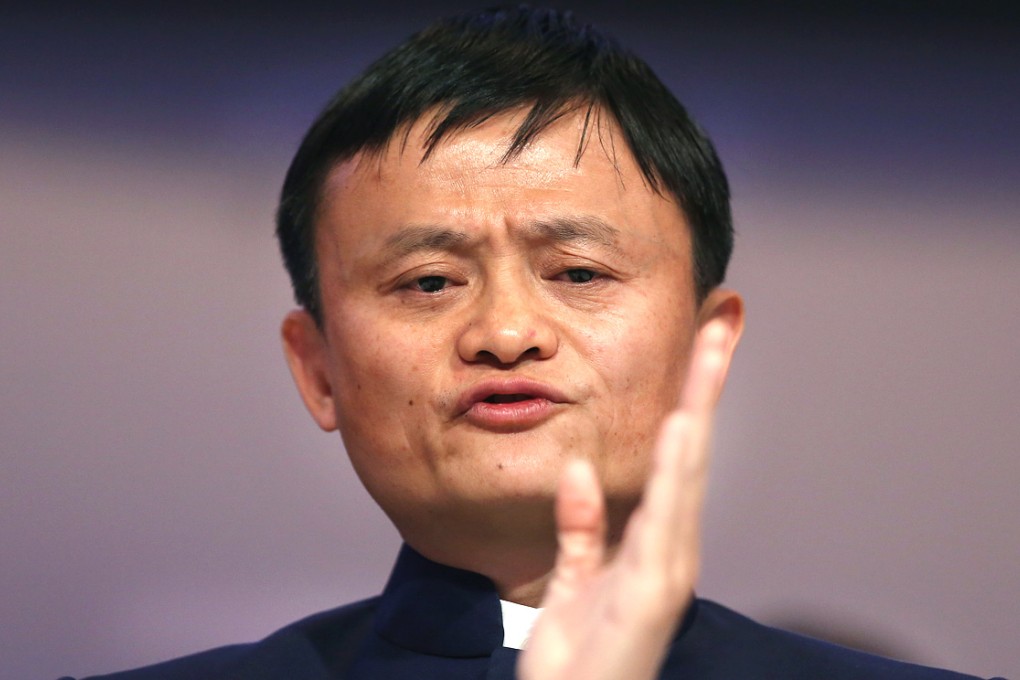New | Jack Ma’s money pledge alone may not be enough to lure Taiwan start-ups to mainland China

Taiwanese are looking with cautious interest at a proposal by billionaire Jack Ma, chairman of e-commerce giant Alibaba Group, to offer financial aid for the island’s young people to start businesses on the mainland.
Entrepreneurial Taiwanese favour the mainland’s market size and relatively cheap labour, so Ma’s support could take them to the tipping point where they make the risky move, experts say.
But younger people are less likely than their elders to start businesses – a reason the global e-commerce mogul made his offer at December’s Cross-Strait CEO Summit in Taiwan – and prefer to stay home in safe, salaried jobs. Some younger people also dislike the mainland itself.
“You have to move your life there and either get a team to go with you, or find co-partners when you get there,” said Jamie Lin, founding partner of Taipei-based appWorks Ventures, which funds startups on the island. “But the fact that he said that sent a positive message to the community.”
Ma, known for his pro-Beijing zeal that would extend to his government’s goal of unifying self-ruled Taiwan with the mainland, said he hoped to set up foundations that would help young Taiwanese entrepreneurs, local media reports say. He also invited them to contact him about working with Alibaba, the Hangzhou-based, New York-listed group of e-commerce portals that includes Taobao Marketplace and Tmall.com.
Rejection of Ma’s overtures would indicate that Taiwanese startups distrust his political intentions or don’t think they can make money in mainland China, either way a setback to relations between two sides that have tried to thaw six decades of hostility though economic ties.